Assistant Principal's Report
By Amanda Seach

Assistant Principal's Report
By Amanda Seach
On Tuesday 20th and Wednesday 21st May, all students from Prep to Year 6 participated in engaging Cyber Safety Project incursions designed to build their awareness, understanding and responsibility when navigating the online world. These sessions, tailored to each year level, empowered students to reflect critically on their digital behaviours and learn practical strategies to stay safe online.
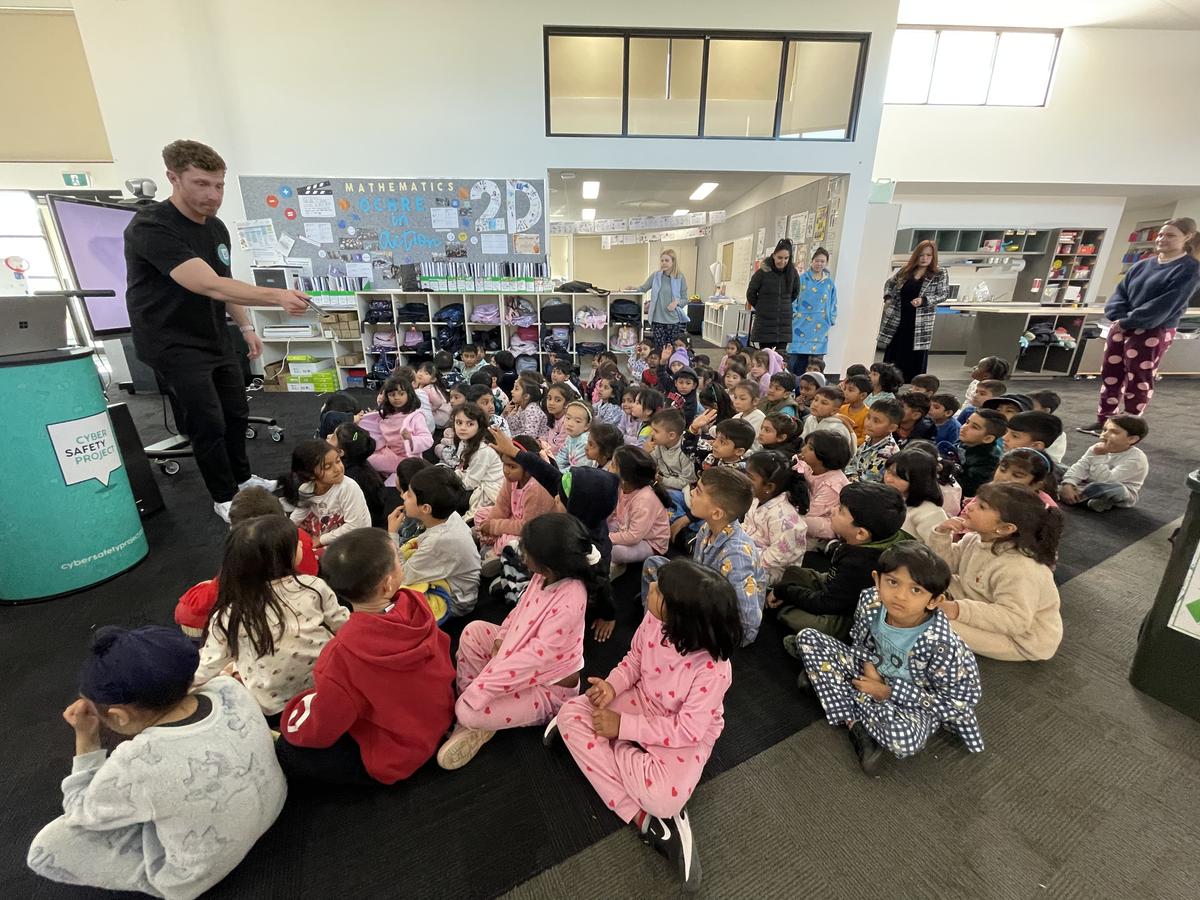

Our Prep to Year 2 students explored the S.T.O.P. for Your Safety framework, which helps young children recognise unsafe online feelings and know what to do when something doesn’t feel right. With a strong focus on help-seeking and emotional awareness, students practised what it means to pause and protect themselves online:
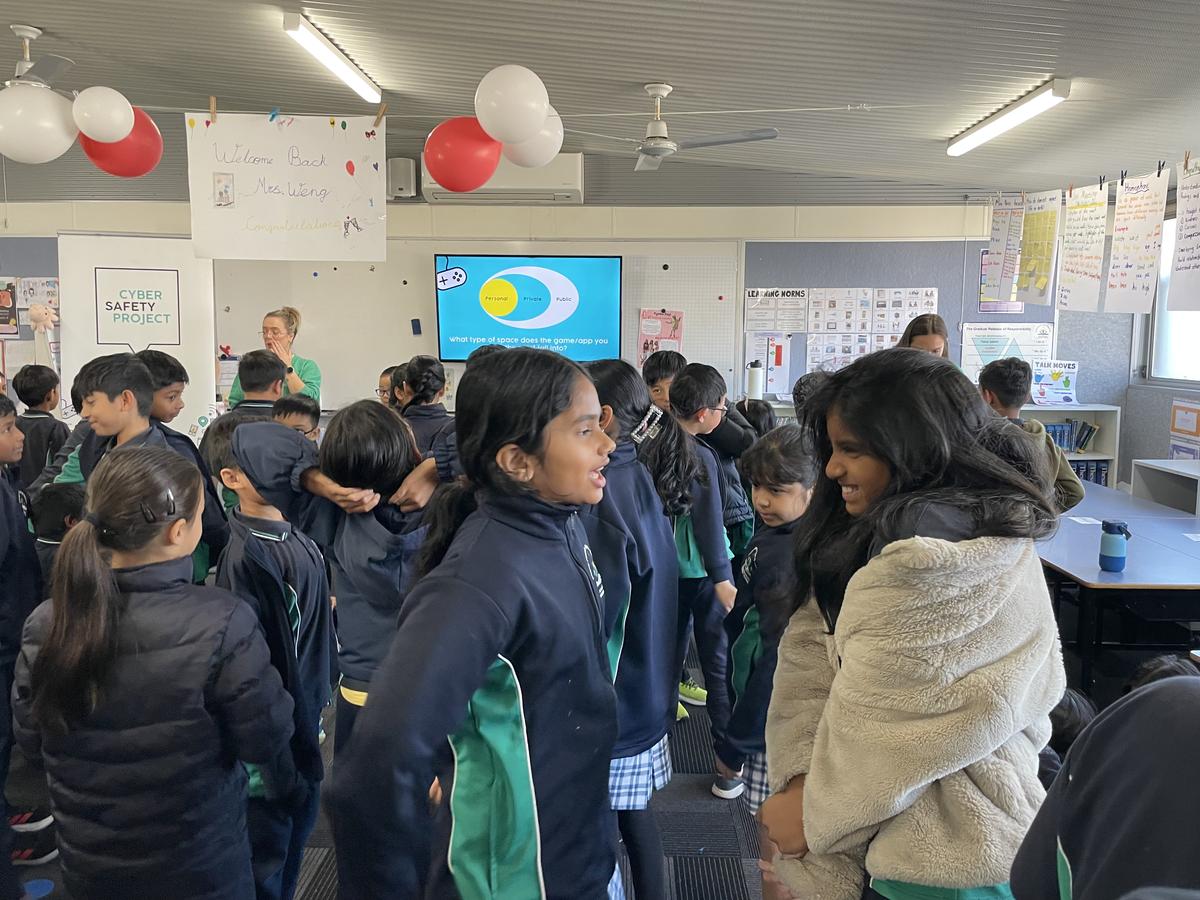

Year 3 and 4 students participated in the Privacy Protectors session, exploring the concept of public, private, and personal online spaces. They reflected deeply on what information is safe to share and how to secure their accounts through password protection and privacy settings:
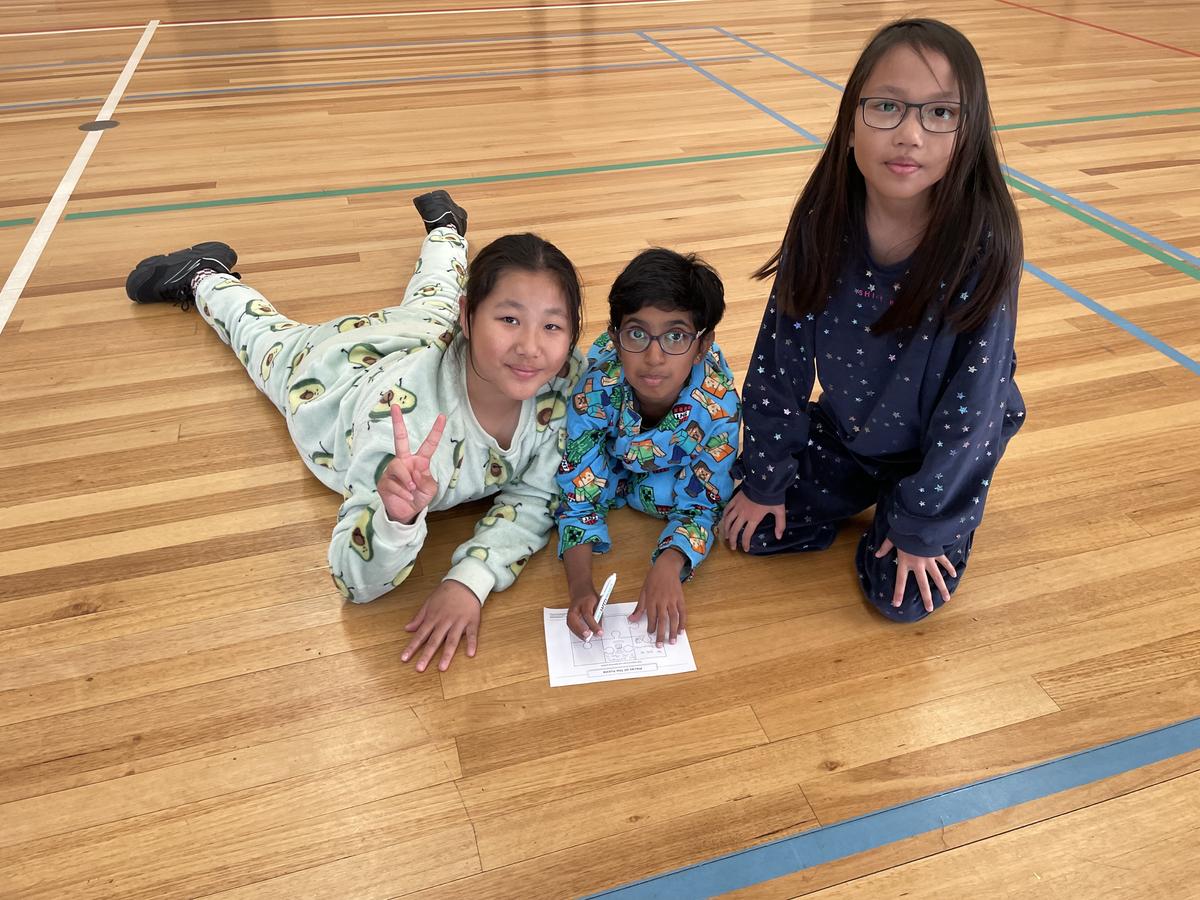

Year 5 and 6 students were immersed in the Digital Defenders session, tackling more complex digital dilemmas such as cyberbullying, digital footprints, and their legal responsibilities as online citizens. They learned how to protect their privacy and how their actions online can impact others:
Across all year levels, the sessions prompted meaningful classroom discussions, with many students continuing to ask insightful questions about how to protect themselves and others online. We’re proud of how our students engaged thoughtfully and respectfully in this important learning.
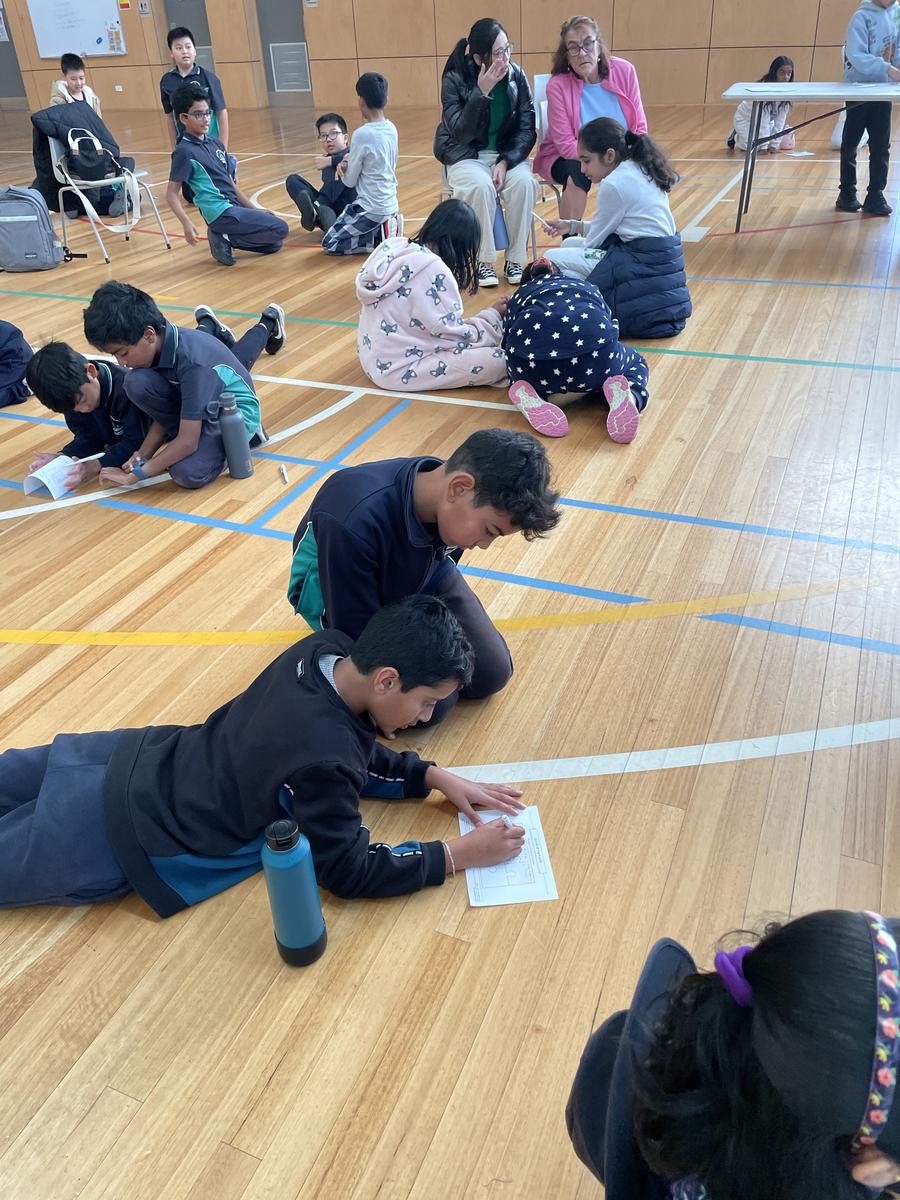
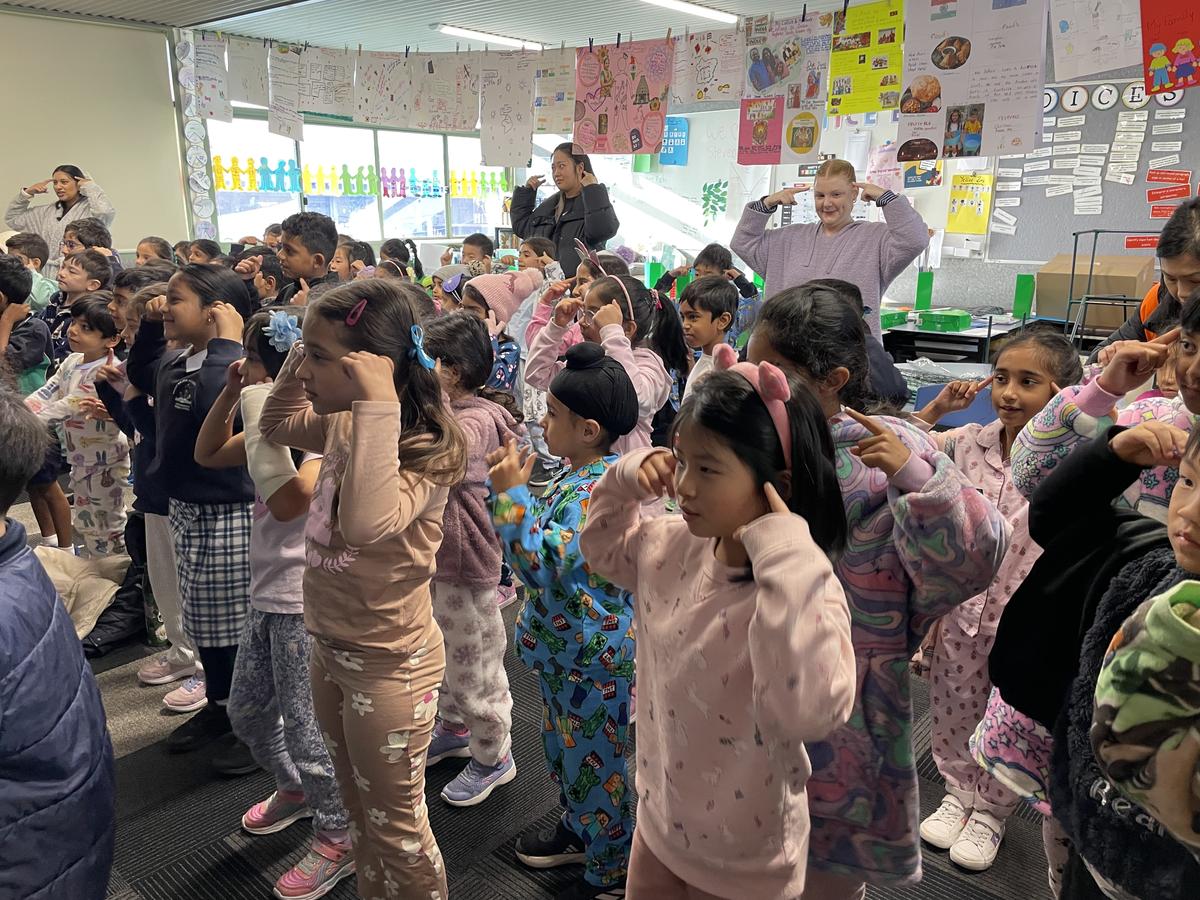


Student Reflections
Evelyn:
I learnt about the three spaces online. There are public spaces where everyone can access your messages or anything you post or play. There are private spaces that you can see and only if you invite or give permission to someone to access like Minecraft or avatar world. Then there are personal spaces which is only for you like your bank account or your email inbox. I also learnt about how messages can affect people’s feelings like if you don’t include someone in a post, they can feel upset. I also learnt about how you can stay safer in a game and you can do this by changing your settings to a personal account. I will change my settings to not show any personal details and keep my personal details not shared.
Krishna:
Three things I learned today:
- I learnt what a default setting is. Default settings are the settings when you start with your device.
- I learnt that default settings are very bad indeed. You need to change them to make your private information secure.
- l learnt that sharing private information online with others can also be bad for you.
Two things I will do online:
- I will never chat with people I don’t know because they might be hackers and scammers.
- I will never share private details and information with strangers.
Sam:
I learnt that it’s not safe to put your personal data in public spaces and the difference between Public, Private and Personal online spaces. I also learnt to never let people join into your game if you don’t know them and don’t let anybody have your personal and private information. I will not friend strangers or let strangers join me in games. My question is, What apps can give your information to the public?
Samuel:
The cyber safety incursion was an informative incursion. I learned that we should not be sharing personal information and not sharing friends' personal information without their permission. We should also not be sharing events that hurt other feelings or make them feel uncomfortable.
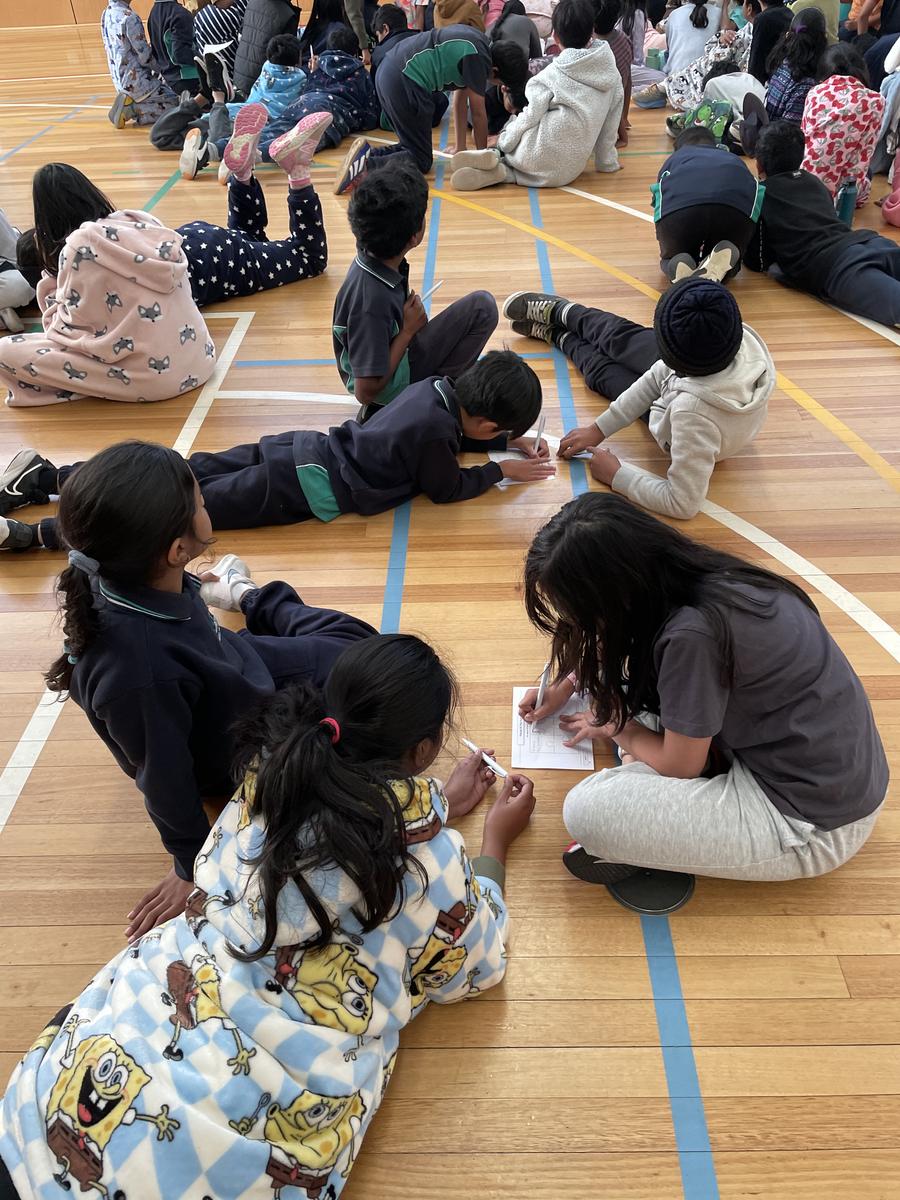
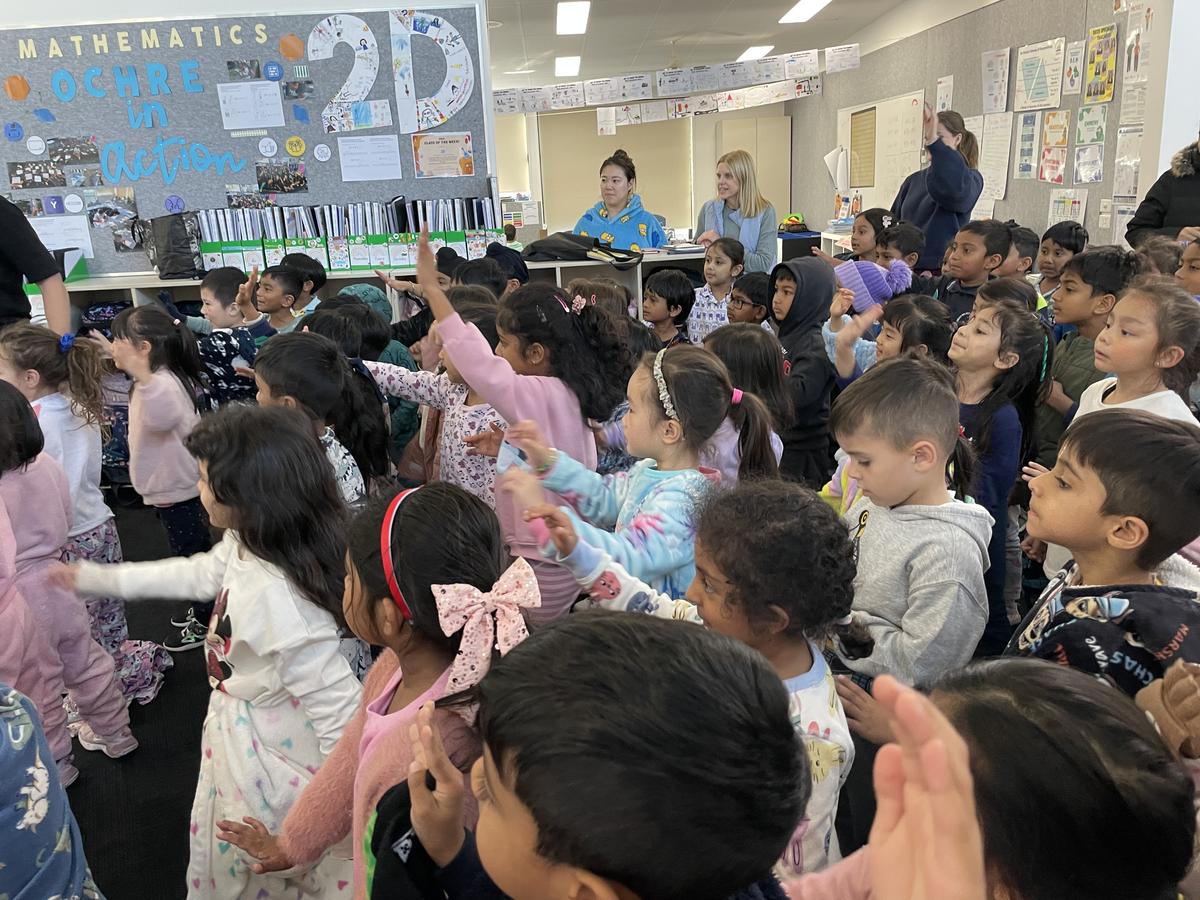


Aaradhya:
In the cyber safety incursion, I learnt that you should not talk to strangers and leave personal information public. Instead, you should look at the pop ups that warn you about doing this and that and you should always check the default settings. Remember, do not tag anybody’s personal information and stay safe on the internet!
Prahan:
We learned what information we should share and not share with strangers, and what usernames we should type in public servers in our games.
Alina:
I liked how they added humour. They explained how we should be careful on the internet and said it in an entertaining way.
Hishana:
It taught us how to keep us safe online and the choices we should be making.
Omar:
I learned how to be safe and not get hacked. We also spoke about how it’s important to keep our private information safe and not send it out to people.
Tiana:
I learned that it is important to be safe online because they could be tricky people to treat. You must ask the adult before you go on the iPad. To always STOP. S=Silent, T=telling an adult, O=out, P=play something.
Seyara:
I need to look out for Tricky people, strangers and unkind people.
Sajunthan:
When we encountered “Press to win a prize”, we need to say “STOP”. S Silent, T Tell an adult, O Out, P Play something else.
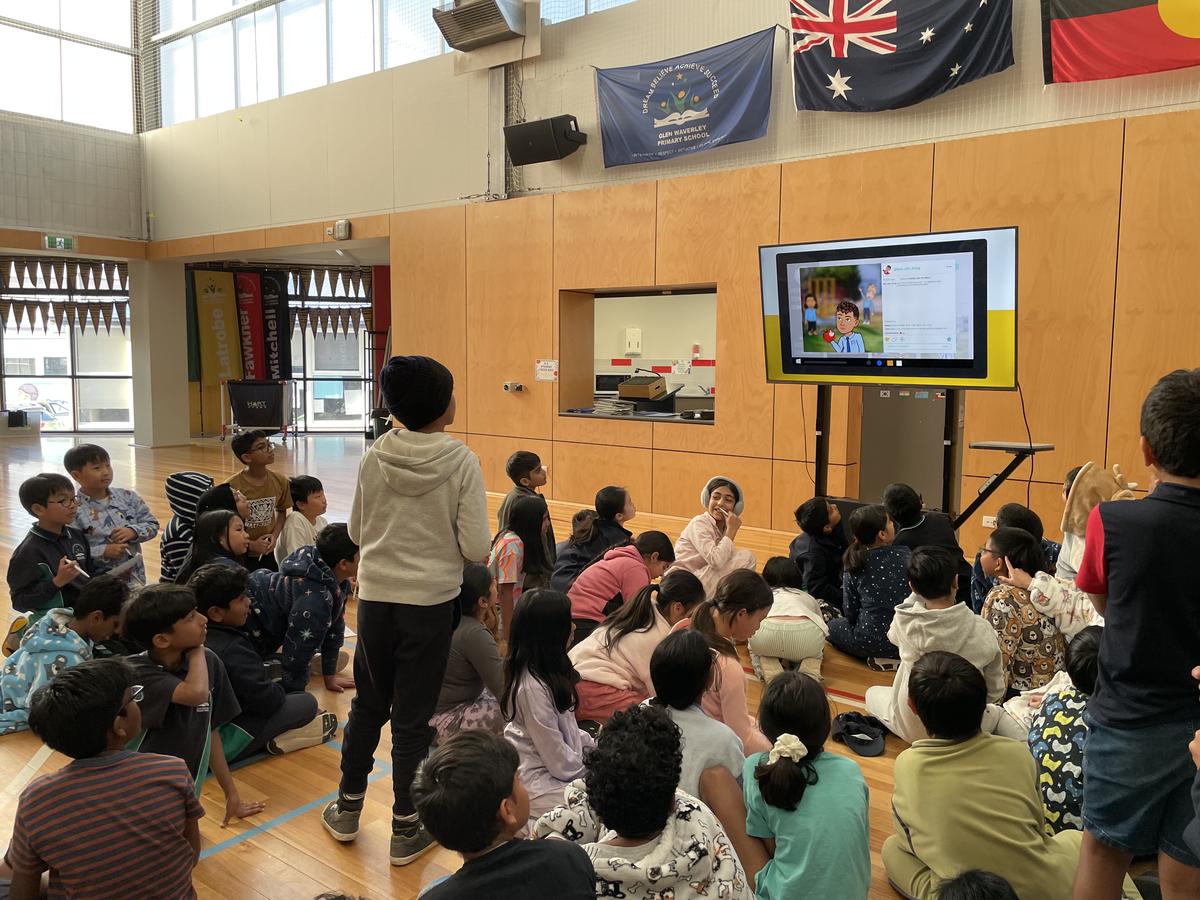

Last week, our staff took part in a valuable professional learning session with Sam, an educator from the Cyber Safety Project. We gained some important insights about how we, as adults, can better support children in staying safe online—and we’d like to share a few key takeaways with you.
Why Adult Learning Matters
Today’s digital world is moving fast, and it’s important that we keep up with the platforms our children are using. As parents and carers, staying informed helps us set healthy boundaries and guide safe habits.
Two great resources to help you stay in the loop are:
A Closer Look at Roblox
One of the biggest concerns raised during our session was the popular gaming platform Roblox. Sam shared that it is currently the most problematic app for primary school-aged children, mainly because user-created content can include inappropriate and harmful material.
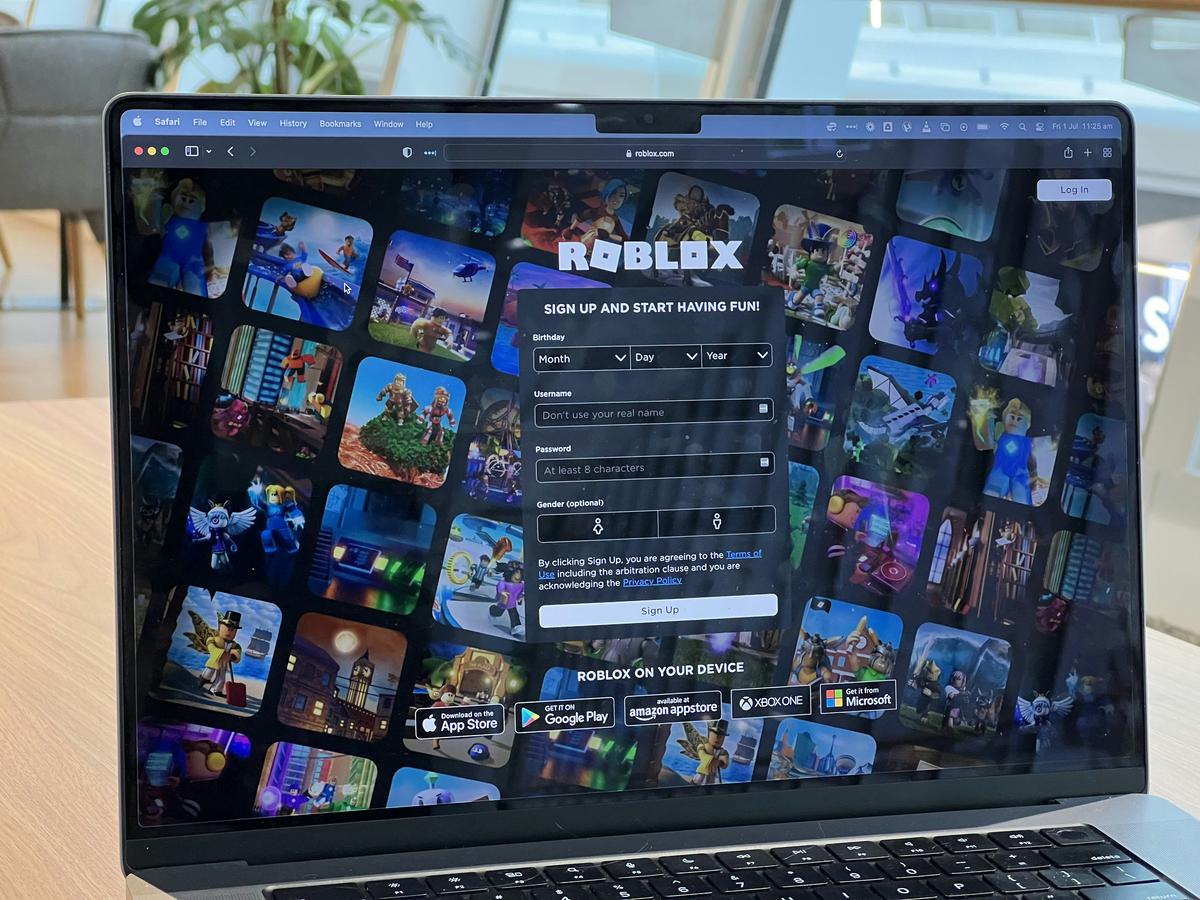

If you allow your child to play Roblox, the strong recommendation is to turn on parental controls to limit their access to only “Official Roblox” experiences—these are environments created by Roblox itself.
Here’s how to enable Account Restrictions on Roblox:
Keep the Conversation Going
We encourage all families to keep talking about digital safety at home. To support you further, we’re also promoting the upcoming Tech Safe Parents Webinar—a great opportunity to learn about managing privacy settings, understanding social media use, and the latest updates from online platforms.
Tuesday, 3rd June
7:30pm
Register here: cybersafetyproject.com/parents2025
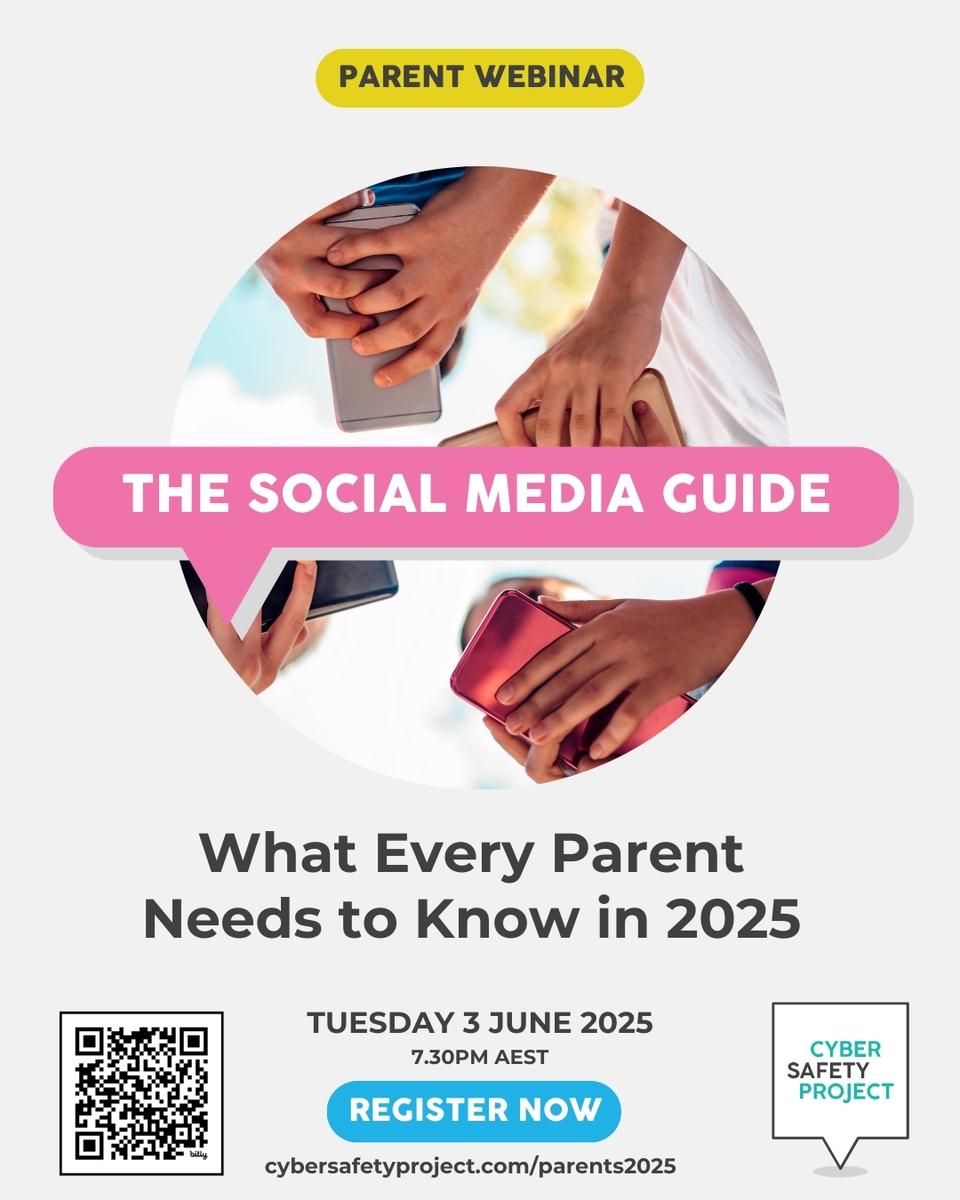

Together, we can help our children become confident, responsible, and informed digital citizens—at school and at home.